EvoCharge iEVSE 40 Amp Level 2 Charging Station – 25ft Cable
$1,389.00
Not sure which charger to get? Use our EV charger time tool and see how fast a level 2 charger is for your vehicle.
-
Currently out of stock
Future-proof your charging station and easily manage up to 40 Amps of power with the iEVSE 40, EvoCharge’s Wi-Fi electric vehicle (EV) charging station. With true OCPP and Wi-Fi connectivity, you choose the third-party network service provider for your EV charging station or connect through your own Wi-Fi—whichever works for you—giving you control and access to charging capabilities.
Wi-Fi EV Charging Station Features
- True Open Charge Point Protocol (OCPP) compliant charging station means you select the network of your choice
- WiFi-enabled allows cost effective power sharing through local load management
- Add up to 30 miles of range per hour charged with a maximum of 9.6kW
- NEMA 4 rated for indoor and outdoor use and protection from the elements and temperature range -22° F to 122° F
- Safety certified as UL/cUL listed
- Simple installation options with NEMA 6-50 plug or hardwire
- View kW output and Wi-Fi status through the integrated display
- Ethernet port for a hardwired connection
- 25ft charging cable for ease of use
Cable Management & Accessories
- Optional Retractor
- Single or dual Pedestal Mount
What’s Included?
- Charging station with NEMA 6-50 power cord, charging cable, and J1772 handle
- Holster
- Universal wall bracket and fasteners
- User manual
Product Documents
Wi-Fi EV Charger Features & Highlights
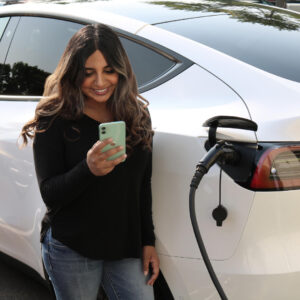
Smart Charging
Connecting your charging station(s) via your local Wi-Fi allows you to link to third party network providers and local utility companies. Third party networks provide a multitude of features, including controlling access, setting up payment options, and tracking performance. Some networks will also help you connect to your local utility company so you can charge at off-peak times to save money. Rebates on smart chargers are also available from many local utilities.
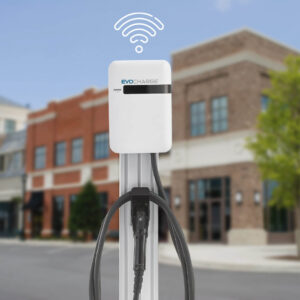
Non-Proprietary Networks
An Open Charge Point Protocol (OCPP) charging station doesn’t require using a specific network to work and it can be networked through any available provider in your area. This means you can still charge without being connected to a third party network, or change to a new provider. EvoCharge’s iEVSE and iEVSE Plus charging stations are OCPP 1.6 certified, allowing you to connect to any open network, including our three preferred network partners: EV Connect, Greenlots and Chargie. The best part is we’ll preconfigure your charging station to work with one of those three providers before shipping and you work with us to set up your account, billing, and more.
A charging network allows the charging station owner to monitor, control usage, bill users, and more. These networks also provide connections to local electric utility companies. Some utility companies will provide cheaper charging during off-peak hours.
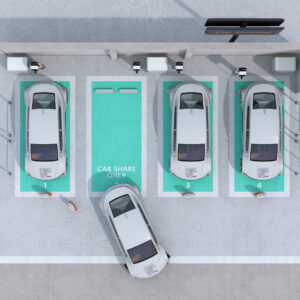
Load Balancing
Local load management (LLM) allows you to use your building’s existing electrical panel power capacity to charge multiple electric vehicles via charging stations by allowing the charging stations to talk to each other, doling out a steady electrical current to each. Say your electrical panel provides 80 amps, but you have four chargers that each need 40 amps at full charging capacity. If each charging station worked at full capacity at the same time, they would demand more electricity than the panel can provide, causing issues and overwhelming the electrical panel. But when the chargers are able to communicate with each other, electricity can be spread out amongst all four charging stations. They won’t try to force more electricity than is available. There are two ways in which load-sharing electrical chargers will provide a steady stream of electricity to the stations: equally distributed or first in, first charged. Learn more here.
If your parking area doesn’t have access to Wi-Fi, you can save money by purchasing one iEVSE Plus station to connect via 4G LTE, and the rest of your units can be the iEVSE. The iEVSE Plus station will share the network connection with the other charging stations, allowing you to only pay one wireless bill.
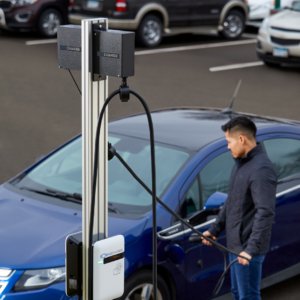
Cable Management
EvoCharge’s industry leading cable management solutions are the best way to keep your charging areas safe, organized and clean while protecting the charging cables from wear. The Retractor keeps your charging cable supported overhead and out of the way. With simple installation options, the EV Cable Retractor uses a spring-loaded tether to suspend the cord.
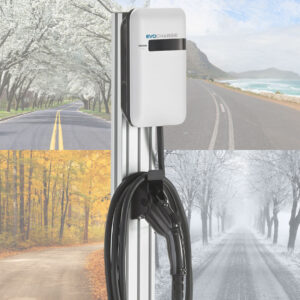
Certifications
EvoCharge charging stations are NEMA 4-rated. The National Electrical Manufacturer Association (NEMA) is a standard rating that defines the type of environments in which electrical enclosures can be used. NEMA 4 rating provides protection of the equipment inside the enclosure against falling dirt and dust. It also provides a degree of protection from the harmful effects due to water, rain, sleet, snow, splashing water and hose directed water. The charging station will also withstand the external formation of ice on the enclosure.
EvoCharge stations are also UL rated and OSHA and ADA compliant. Keep charging areas clear, safe, and accessible with pedestal/bollard and cable management options.
Only logged in customers who have purchased this product may leave a review.
Additional Information
Compatible With All EVs and PHEVs
The iEVSE Wi-Fi EV charger is fully compatible with nearly all Electric Vehicles (EV) and Plug-In Hybrid Electric Vehicles (PHEV) sold throughout the United States and Canada. Tesla vehicles do not use the standard SAE J1772 plug, but an adaptor is available which allows the J1772 to work with Tesla. The adaptor is typically included with the vehicle or available to purchase online.
Get Tax Incentives
To learn if your Wi-Fi EV charging station products and installation are eligible for federal, state and utility incentives and rebates, visit our incentives page!

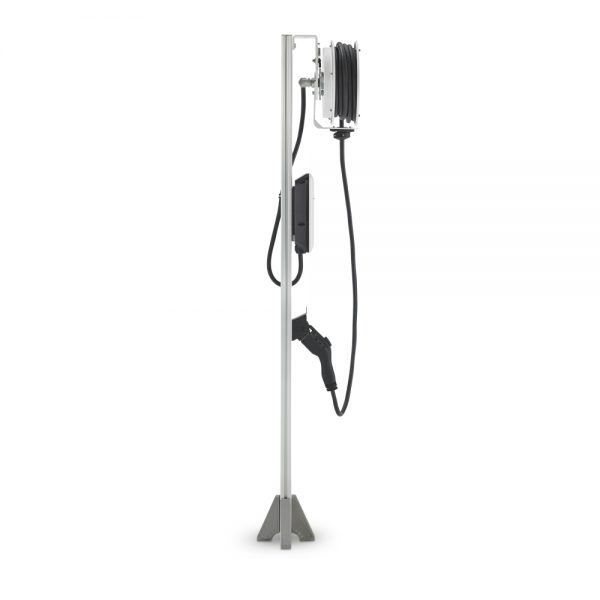
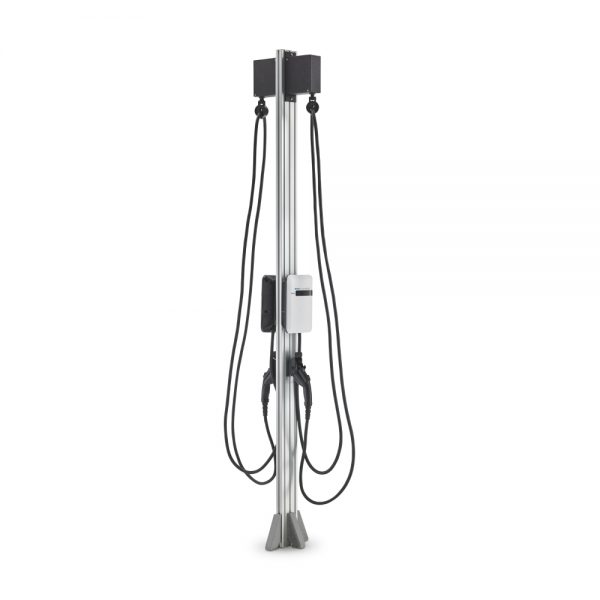
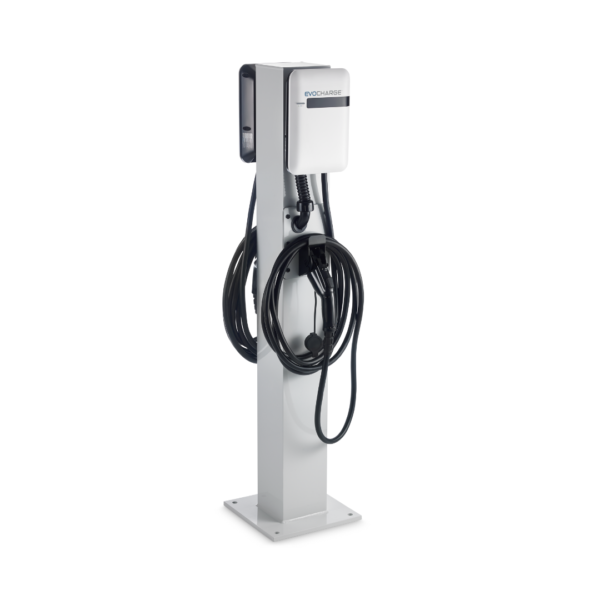
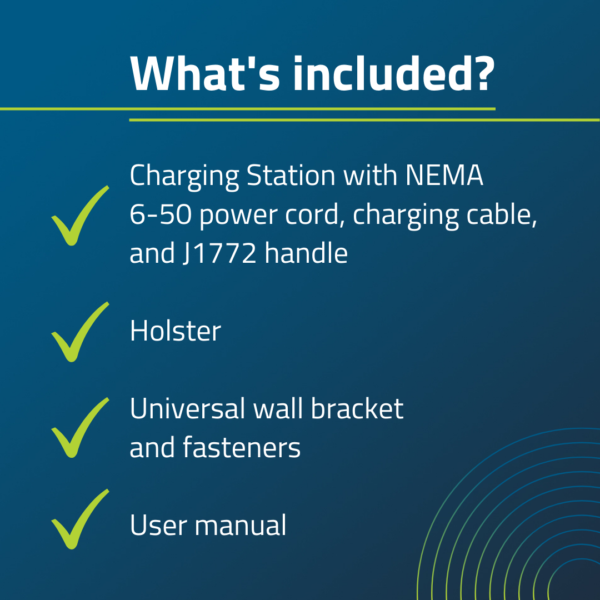
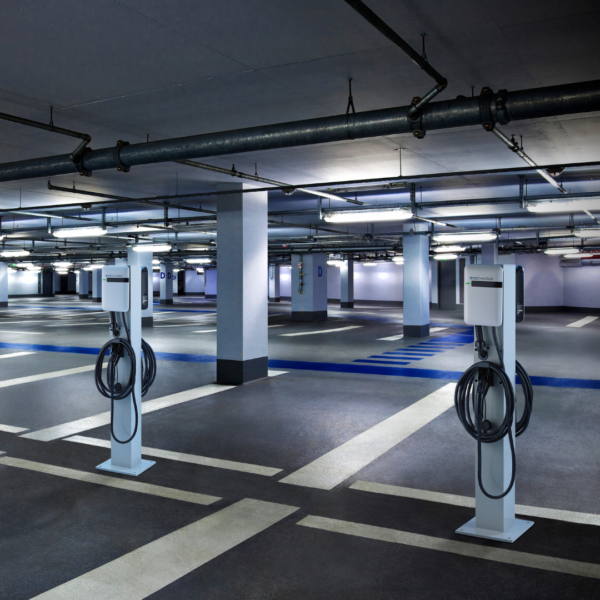
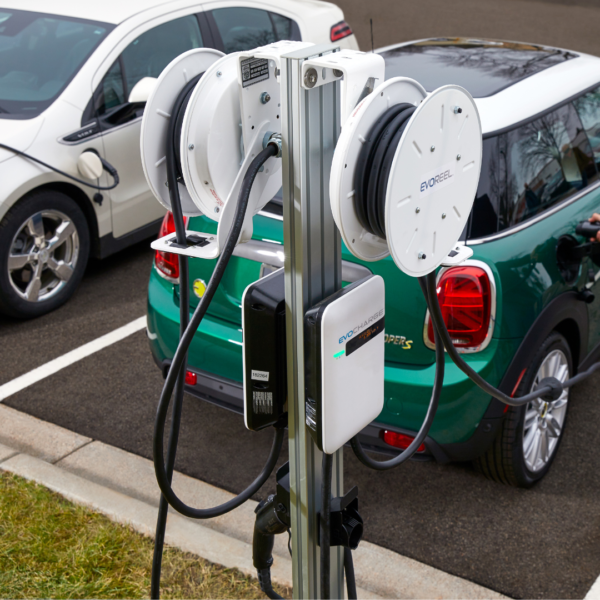


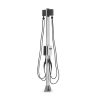
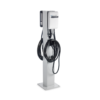


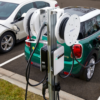

Customer Reviews
There are no reviews yet.